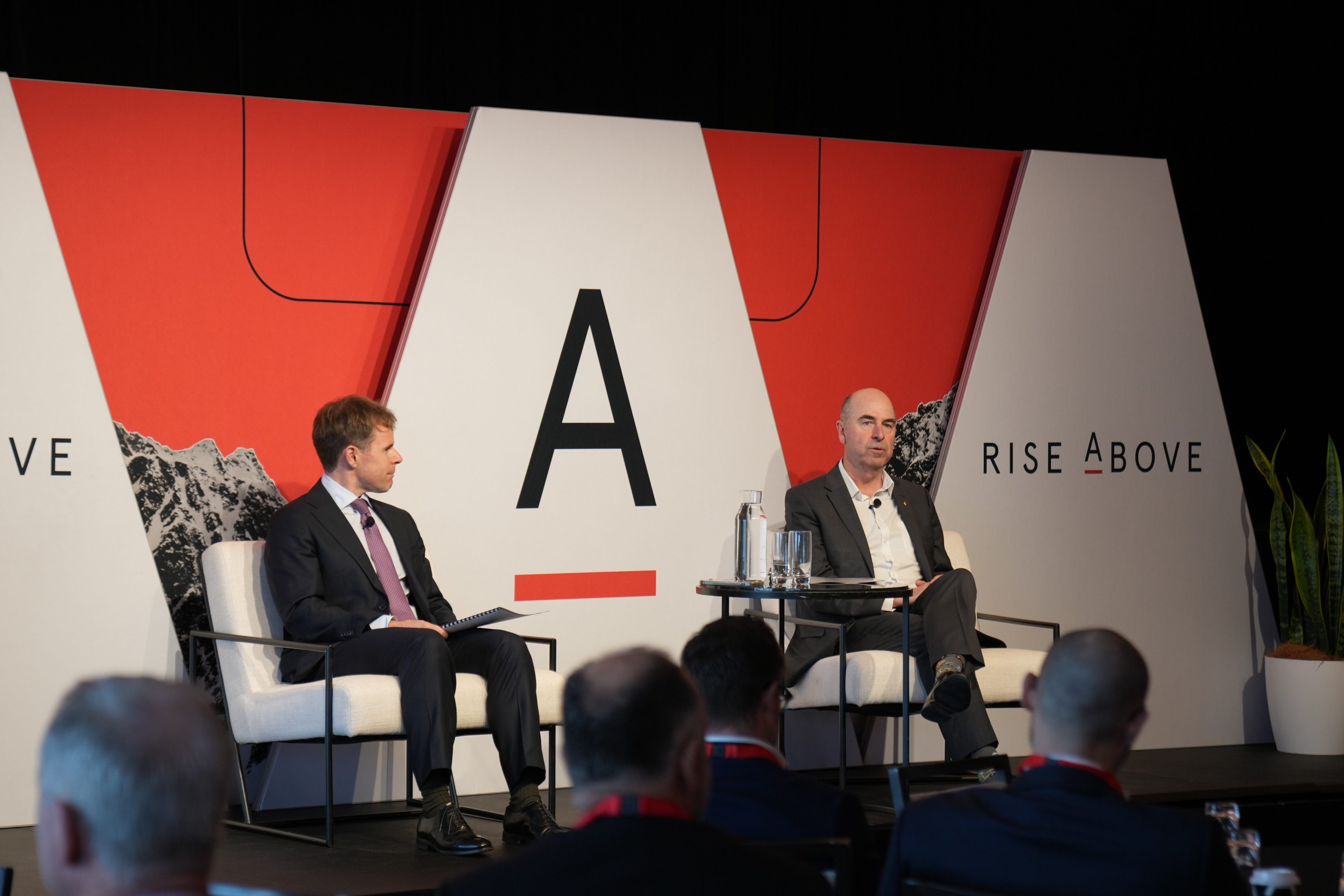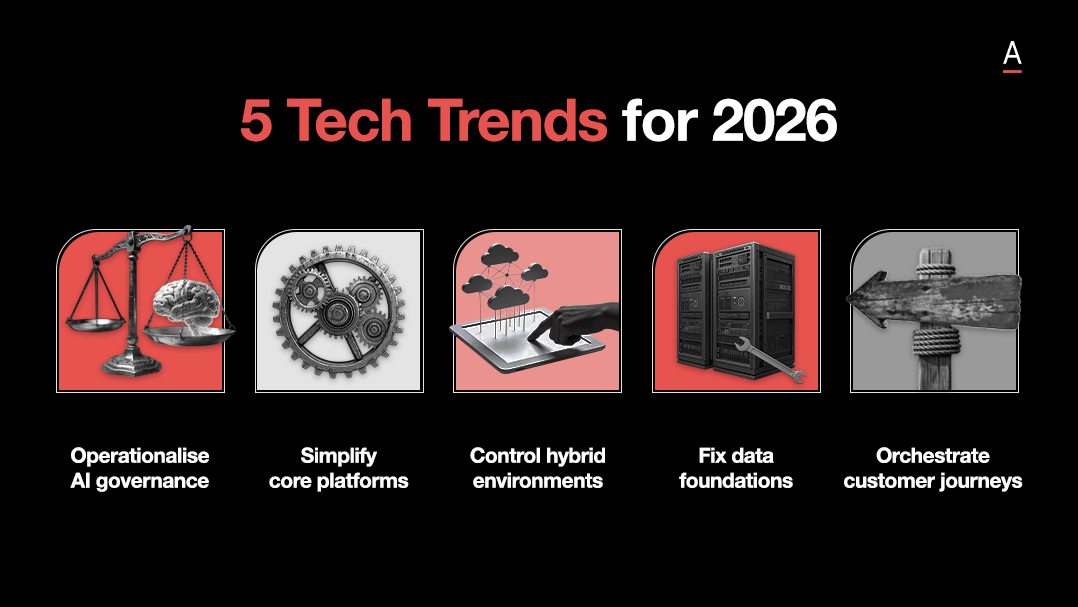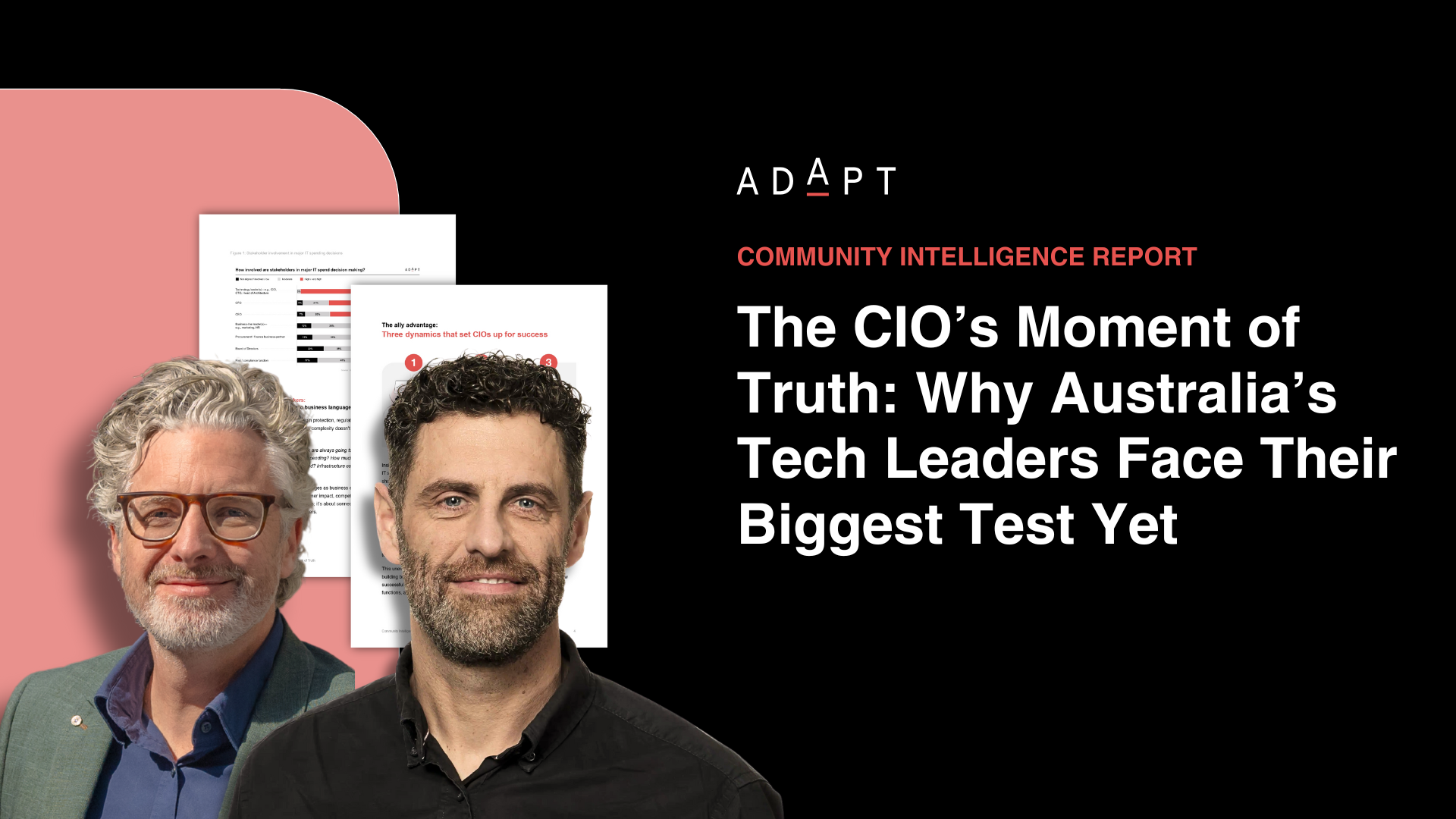At Government Edge, Charles McHardie AM, CIDO at Services Australia, revealed how stability, security, and culture sustain citizen trust.
In a conversation with Nicholas Flood – MD ANZ at IBM, Charles highlights that Services Australia’s core focus remains on quality, stability, and security, which he describes as the foundation of trust in digital government.
With citizens increasingly intolerant of outages, Services Australia invests heavily in monitoring, infrastructure modernisation, and a strong operational culture to maintain near-continuous service availability.
Charles notes that cyber threats continue to rise, and the organisation dedicates significant effort to safeguarding systems in an environment where even large global technology companies are vulnerable.
Alongside operational resilience, Services Australia is cautiously but ambitiously embracing generative AI, exploring its potential to improve productivity while ensuring its use remains responsible and secure.
Under Charles’s leadership, the organisation is managing multiple concurrent transformation programmes, including large-scale infrastructure renewal, mainframe modernisation, cloud migration, and the development of whole-of-government platforms such as myGov and digital identity systems.
This is supported by ADAPT’s survey results which show government agencies are prioritising AI strategy, cyber security, and cloud modernisation as they move from pilots to scaled implementation.
70% of CIOs plan to increase AI investment in the next year, dedicating around 4% of IT budgets, while multi-cloud migration and automation rank high among planned initiatives.
He explains that success depends not only on technology investment but also on the maturity of operational practices and collaboration across agencies.
Services Australia is pursuing a hybrid cloud strategy, shifting workloads to the cloud where it makes economic and security sense, while maintaining essential on-premise systems.
Charles views this flexibility as a form of digital sovereignty, giving the agency the freedom to choose the best platform for each workload and reducing vendor dependency.
Collaboration and capability building are essential.
He advocates for greater workforce mobility and shared training across government, enabling agencies to exchange skills and strengthen collective capability.
Initiatives such as the APS Digital Skills Campus are designed to upskill public servants in critical technologies like SAP and AI. Services Australia’s “Rapid Lab” further demonstrates this spirit of innovation, using generative AI to accelerate software development and testing.
Charles underscores the value of close partnerships with industry and academia to drive learning and co-innovation, positioning Services Australia as both a leader and collaborator in public sector digital transformation.
Key takeaways:
- Stability, security, and quality as core priorities: Services Australia invests heavily in infrastructure, monitoring, and operational culture to maintain near-continuous service availability, while managing rising cyber threats and cautiously integrating generative AI to boost productivity.
- Multiple concurrent transformations and hybrid cloud strategy: The agency modernises legacy systems, shifts workloads to the cloud where feasible, and develops whole-of-government platforms, maintaining flexibility and digital sovereignty to choose the best platform for each workload.
- Collaboration and capability building: Services Australia emphasises workforce mobility, cross-agency training, and partnerships with industry and academia to upskill staff, share best practices, and drive innovation across the public sector.






























